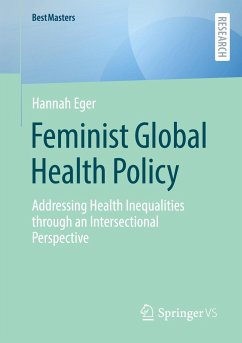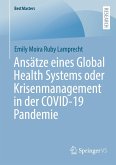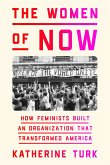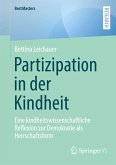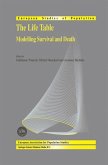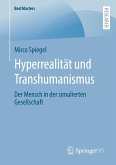Health inequalities, primarily driven by the structural determinants of health, are a major concern towards the global goal of health for all. A feminist global health policy has the potential to address the unequal distribution of power and to dismantle these imbalances. The prioritisation of intersectional, holistic, human rights-based approaches intends to advance health equality and reproductive justice. This research examined the contours and potentials of a feminist global health policy by developing a framework. Online focus groups were conducted with participants affiliated to either the global-academic or local-activist level, envisaging global representation. The elaborated framework provides a nexus between the global and the local level, by entailing universal principles as well as recommendations and sensitivity for context-specific adaptations. Community and policymakers are identified as key actors. This research aims to stimulate a debate on feminist global healthpolicy and the potential of this framework with regard to health equality and reproductive justice.

